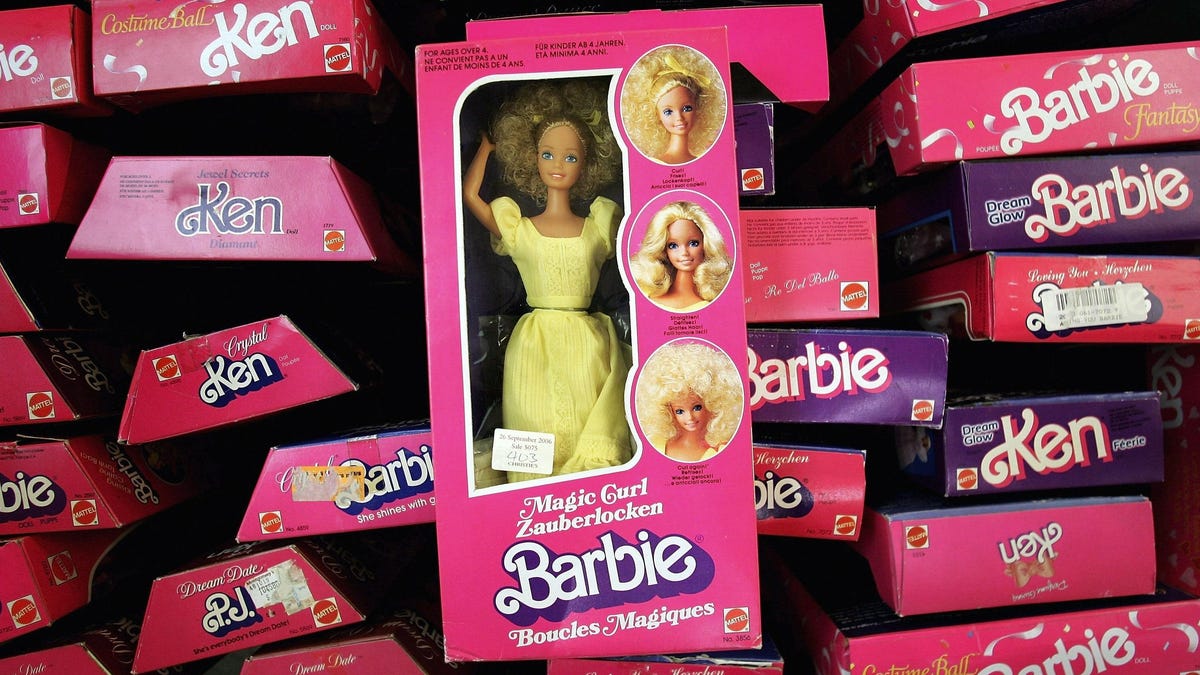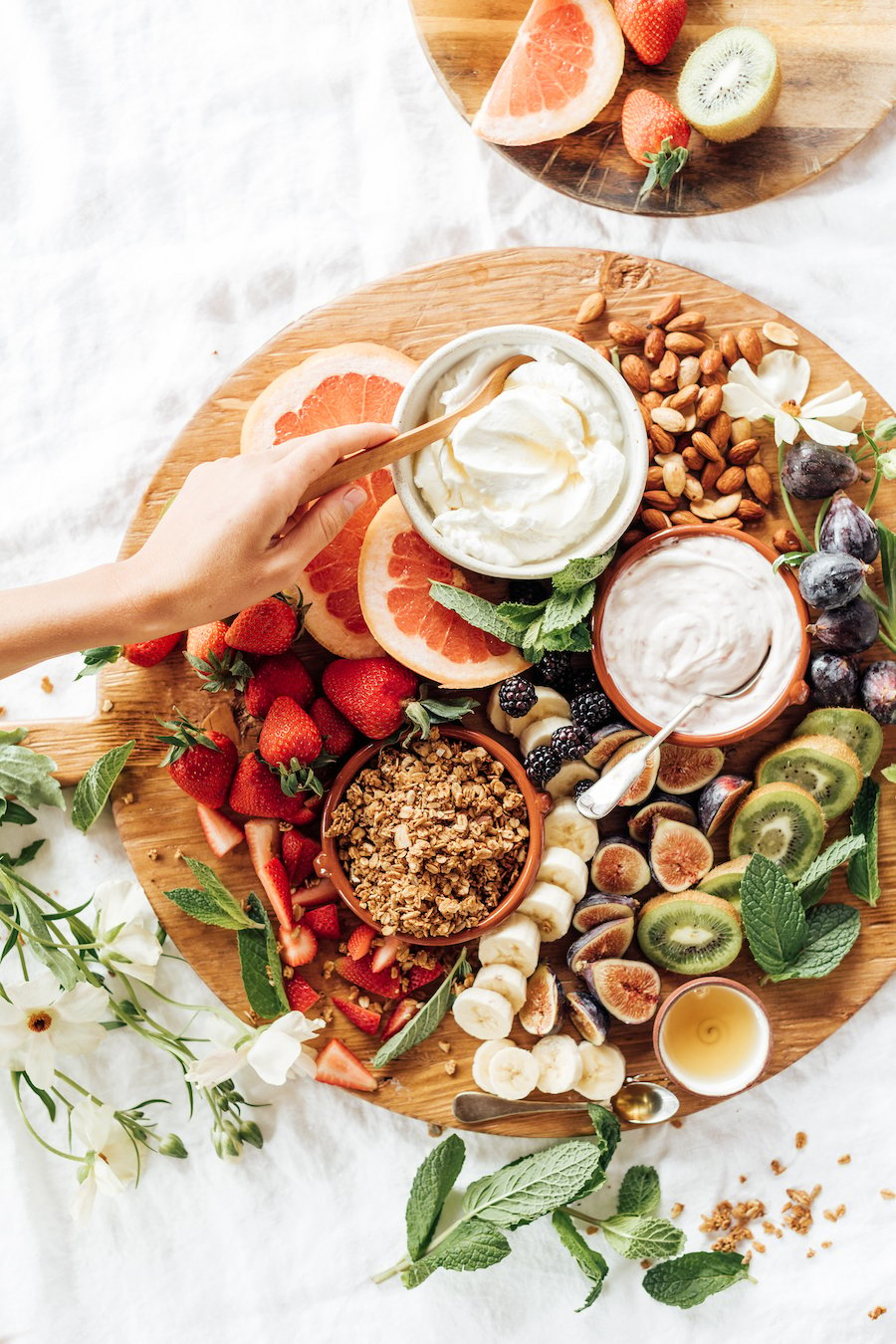This homegrown tea brand with 30 outlets plans to make a name in gourmet coffee
Chatto, a Malaysian homegrown tea brand is now serving coffee and opening up licensing deals to expand its Chatto Coffee outlets.

[This is a sponsored article with Chatto.]
When Chatto was launched in August 2017 by founders Terence and Yan, their objective was to start a handcrafted tea bar meant to provide a third place between home and work. The outlets were imagined to be a comfortable space for people to hang out and build relationships with friends and family.
Over the years, Chatto built a loyal following, and even found customers who loved their products so much that expanding the brand to other states and countries became a viable goal. This marked the beginning of the brand’s licensing deals that are offered today (but more on that later).
Fast forward to now, Chatto has grown to about 30 outlets, spanning across Malaysia, with an international presence in Australia, Brunei, and Canada. Its first-ever outlet in Impian Emas, Johor has also attained its Halal certificate in 2021.
 The Johor outlet has received its Halal certification / Image Credit: Chatto
The Johor outlet has received its Halal certification / Image Credit: ChattoAfter the brand was crowned the winner of the fast-moving companies category at the SME100 awards in 2019, they haven’t looked back since. So, we caught up with Terence to learn about the growth Chatto has experienced since.
Persevering through hot waters
 The teas lined up / Image Credit: Chatto
The teas lined up / Image Credit: ChattoThe last we spoke to Terence in 2018, Chatto already had 14 outlets and aimed to have 40 by the end of 2019. However, their originally planned expansion didn’t fully come to pass.
Staying afloat amidst the pandemic was no easy feat. While most Chatto outlets survived, eight others had to shutter. Thankfully, they were replaced by three new ones which opened up shortly after.
 Inside of a Chatto store / Image Credit: Chatto
Inside of a Chatto store / Image Credit: ChattoIn addition, the brand began witnessing a notable dip in the interest in bubble tea after the trend’s craze in 2019. This implied that customer demand for tea options was decreasing.
But you know what F&B item prevailed in spite of trends? Coffee.
Chatto’s team took notice of this and strategically decided to diversify in hopes of remaining relevant in the market.
Grinding it out
On May 17, 2021, Chatto Coffee was born.
Made with 100% Arabica beans and halal ingredients, its menu features gourmet coffee items at affordable prices. It includes drinks such as Signature Caffe Latte(RM9.90), Caramel Macchiato (RM11.90), and Triple Chocolate Ice Blended (RM15.90).
Staying close to Chatto’s aim of being a third place between rest and work, Chatto Coffee is imagined to be a haven to escape from the hustle and bustle of life while having a cuppa.
On top of providing customers with a wide variety of hot and iced drinks, Chatto Coffee also provides freshly made sandwiches plus savoury and sweet food options on its menu.
 A place to sip and dine / Image Credit: Chatto
A place to sip and dine / Image Credit: ChattoWith the product diversity, Terence believes customers can always find something to grab and go at Chatto stores, whether for their morning coffee, lunch, or an afternoon snack.
But like most new businesses, Chatto Coffee didn’t take off with customers immediately. Chatto’s brand image was already associated with tea, and the team needed to educate customers that certain Chatto outlets were also offering coffee.
 You can find frappuccinos and hot coffee at the outlets / Image Credit: Chatto
You can find frappuccinos and hot coffee at the outlets / Image Credit: Chatto“The good news is that we are seeing the sales for coffee catching up,” Terence said of Chatto Coffee. Since its opening in March 2022, Chatto Coffee has sold around 39,000 cups of its drinks and 20,100 sets of food.
It is also already present in 14 spots. 10 of them operate as expansions within Chatto Tea, while two more have their own standalone stores.
The brand intends to have 20 Chatto Coffee outlets in total by the end of 2022. To do so, Chatto is looking for licensees to push forth its expansion plans.
Brewing budding entrepreneurs
One of the pros of licensing is that it can bring in significant revenue increase with little effort from the main team, as each outlet is manned by its own set of managers.
On the flip side, licensing can also be risky for a business. If stringent processes aren’t implemented, a brand can lose control over its product, promotions, packaging, and methods of selling.
 Manning the counter at the store / Image Credit: Chatto
Manning the counter at the store / Image Credit: ChattoHoping to train young Malaysians in becoming its licensees, Chatto will provide the necessary guidance needed to expand the brand.
For example, Chatto will be involved in a new outlet’s venue selection, equipment purchasing, operations, and outlet design. On-site training is also provided so that new licensees can learn to craft the brand’s unique recipes.
Furthermore, the team will advise franchisees on how to use minimal cost to maximise the overall standard of an outlet. “To ensure your success, we will continuously develop new products with consistent marketing support,” Terence said.
Chatto’s team will also hold frequent virtual meetings with its franchisees to maintain the overall quality of the brand. “Besides, we will visit outlets [and check in] according to our internal SOPs,” assured Terence, adding that licensees can expect to see the return of investments on their outlet in two years.
 The brand’s latte and Brown Sugar Charcoal Latte / Image Credit: Chatto
The brand’s latte and Brown Sugar Charcoal Latte / Image Credit: ChattoSafe to say, the brand has come a long way from its early days of struggling to compete in the saturated bubble tea market. Terence attributes Chatto’s business growth to the brand’s supporters and business partners who’ve had a strong faith in the brand.
“This is the reason that kept us continuing what we are doing at the moment,” he emphasised.
Learn more about Chatto here, and Chatto Coffee here.Read about more Malaysian F&B startups here.Featured Image Credit: The Chatto team

 MikeTyes
MikeTyes 
































